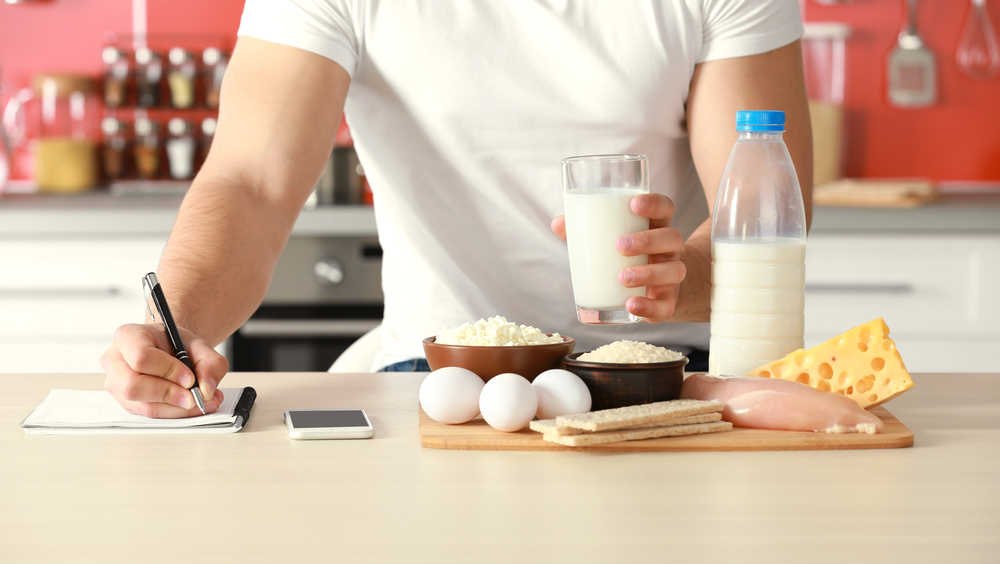
Don’t let everyday life get in the way of living; how to prioritise yourself without neglecting other commitments
Most of us are guilty of neglecting our needs and well-being; prioritising work, social commitments and other people’s needs before our own. Practising self-care can be difficult, particularly in this modern age. We are consumed with technology, leading crazy busy lifestyles, juggling work with a social life, relationships and other commitments; leaving ‘me-time’ firmly at the bottom of our to-do lists.
It can be a challenge to make time for self-care, mainly because so many of us can feel guilty for taking time for ourselves. In order for us to look after our health (both mental and physical) and overall well being, we must learn to turn off those feelings of guilt because after all, our health is the most important thing of all.
Making sure we look after ourselves holistically (body, mind and soul) daily should remain a priority in your day. Basic forms of self-care include regular physical activity, eating nutritious food, reducing stress and finding time for daily relaxation; keeping you healthy, happy, fit and resilient.
By setting aside 30-60 minutes a day for ‘me-time’, your overall health and well-being will significantly improve. This may seem like an impossible task, but ask yourself (honestly) how long do you spend on your phone during the day? Could you cut down the time you spend on social media or browsing online? If you’re a serial social-scroller, try to give yourself a social media slot of no more than an hour a day. It has been shown that daily use of social media apps such as Instagram are conducive to feelings of low-self esteem, unworthiness and low-mood, so do yourself a favour and swerve that scroll!
Social media not your thing? Look at how your day is structured, write down a typical ‘day-in-the-life’ diary and see exactly how your non-working hours are being spent. Having a family can sometimes prove taxing if you’re being pulled in all directions, however fitting in that daily window of time to yourself allows you to be the healthiest, happiest and most productive version of yourself – so you can use the other 23 hours a day more effectively (for yourself and others).
Self-care can come in many forms, see just a few examples of effective methods below:
- Relaxation – everybody has their own preferred method of relaxing, whether that be having a bubble bath, practising yoga, listening to your favourite music or walking your dog. Whatever works to help you relax and unwind should be prioritised as an important part of your day, so make sure you set aside time in your day for this.
- Immersing yourself in Nature – Getting outside in green areas can be hugely beneficial to our health. ‘Eco-therapy’ as it’s known, is proven to give copious benefits to well-being and health. Whether you have a garden or not, you can still reap some of these benefits with caring for indoor plants and having greenery in your home.
- Practising mindfulness – This therapeutic technique involves becoming more aware of the present moment. This can mean our thoughts and feelings (inside) or what is happening around you (outside). Whether you’re a seasoned pro or new to mindfulness, this can help you to become more aware of your mood and how you respond to certain situations.
Including physical activity in your day is one of the most effective methods of self-care. This doesn’t have to be strenuous; it can include going for a walk, yoga or swimming. The most important thing is that it’s something you enjoy. Countless studies have shown how physical activity can help improve your mental health and overall well-being, see just a few reasons why below:
- Improved mood – exercise releases ‘feel-good’ endorphins that give us more energy, make us feel happier with increased self-esteem and confidence.
- Improved sleep quality – because you feel more tired as a result of exercising during the day
- Stress and anxiety management – exercise also releases cortisol which helps us to manage stress and anxiety. Physical activity also gives the brain a new focus, which can be an effective and positive coping strategy when experiencing stressful or anxious times.
- Reduce the risk of depression and low mood – studies have shown that regular exercise lowers the risk of experiencing depression or low mood.
See our No time? No problem workout for the ultimate fat torching circuit you can squeeze into even the busiest of days
So, jot down some ideas of what your preferred ‘self-care’ method/s would be and look at the structure of your day. What can you afford to cut out or cut down? It could be as easy as going to bed half an hour earlier to read a good book, or going for a walk in your dinner hour – you will be surprised at where you can slot ‘me-time’ in (and wishing you started all the sooner once you do)! You also don’t have to isolate yourself in order to practice self-care; so long as it’s doing something that you enjoy (and free from stress) there can be other people present.
Being in good health is the most important thing in every facet of your life – so prioritise time to look after yourself as a necessity.








No Comments yet!